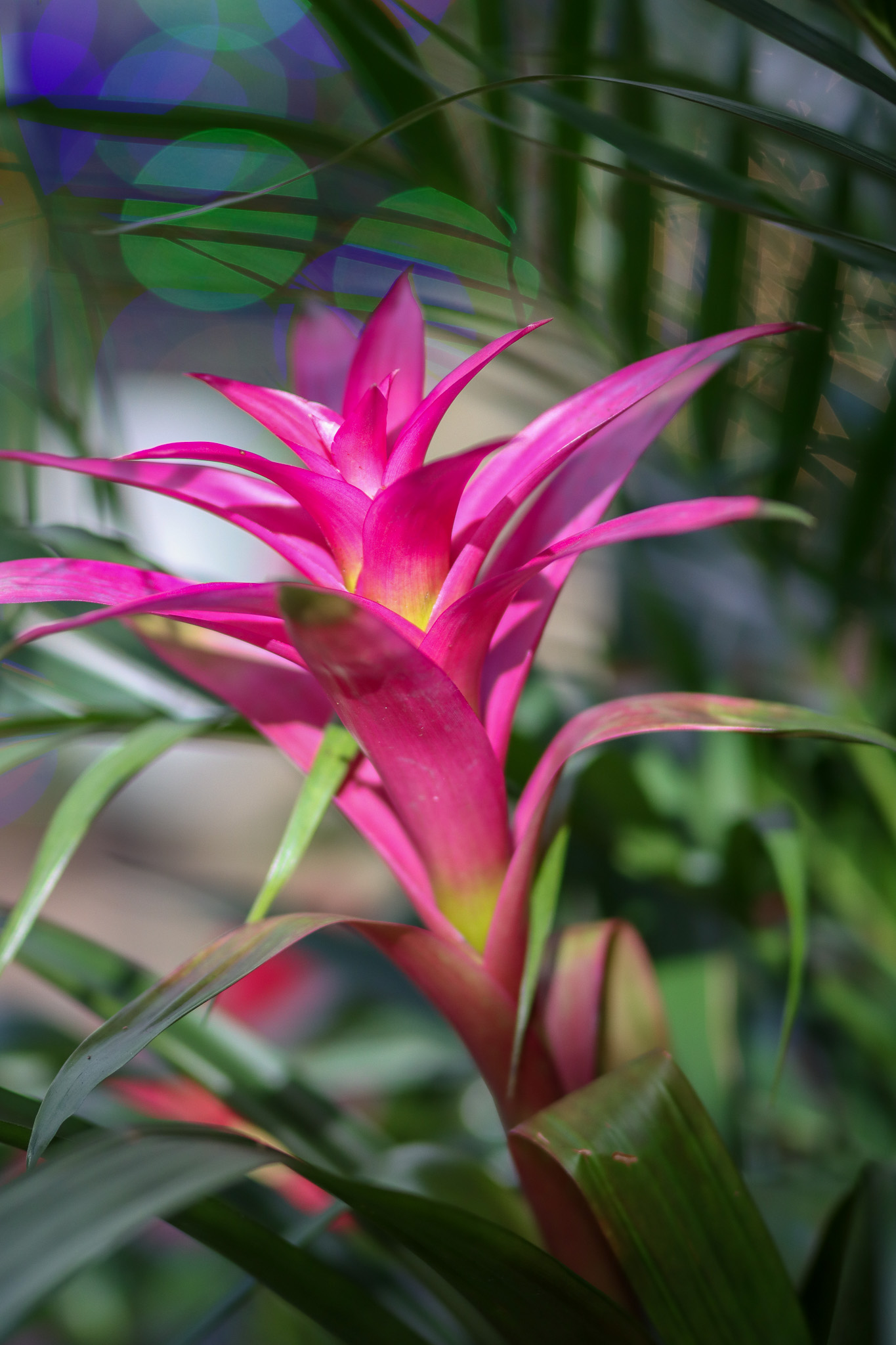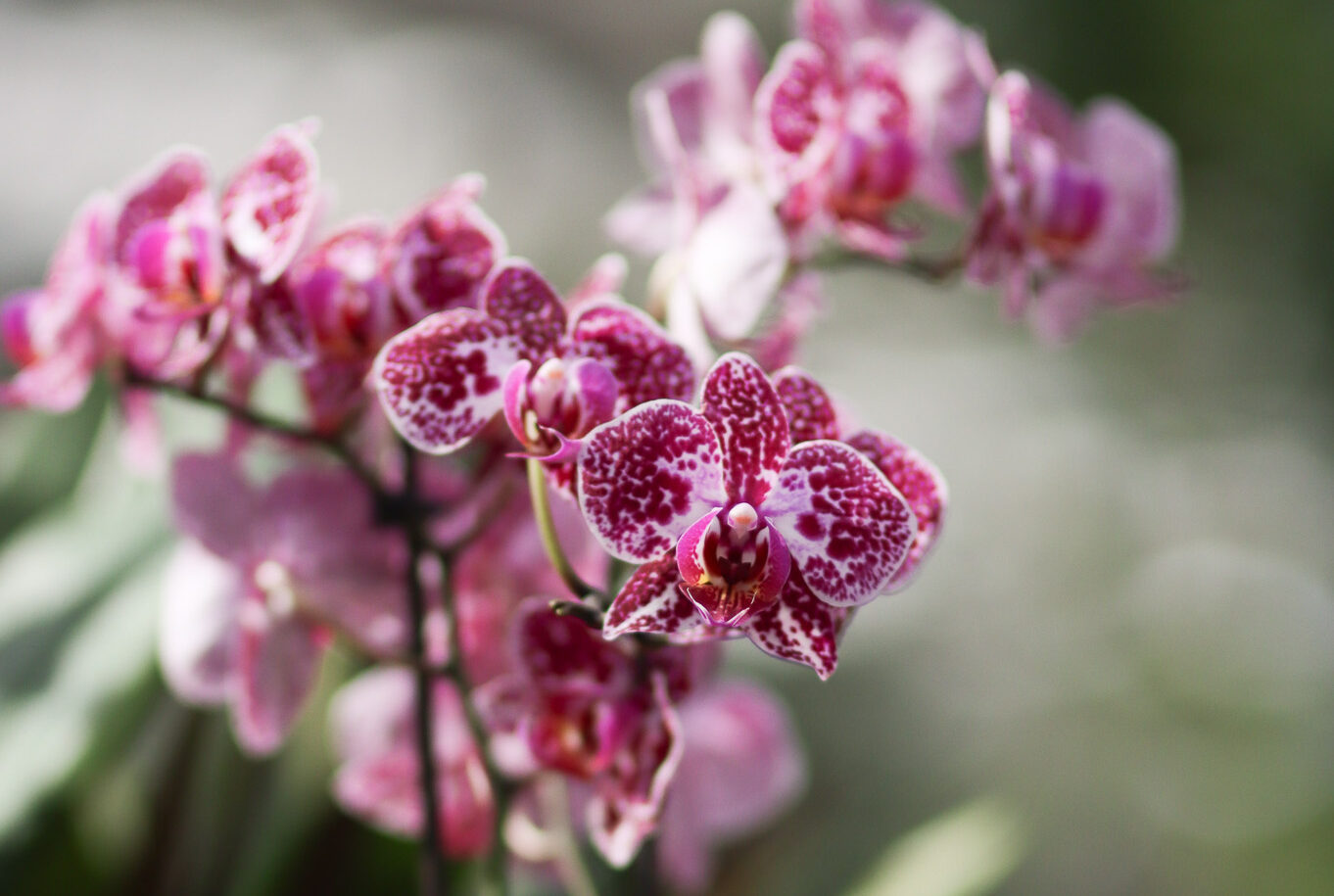“Bee” Kind to Your Garden – Attracting Pollinators May Save Our Planet
By now, you may have heard the buzz on the bee problem threatening the vitality of our fruits and vegetables. With bees and other pollinators being eradicated at an alarmingly fast rate, the need for action has reached its critical point. Luckily, McDonald Garden Center offers a number of ways to not only encourage pollinators in your garden, but beautify your space in the process.
Color Me Happy
Choosing plants and flowers by color is the first step on the way to a pollinator-friendly garden. Bees tend to gravitate towards blues and yellows like Russian Sage and Goldenrod. You may have noticed most hummingbird feeders are red and tubular shaped. Many flowers like Penstemon and Cardinal flower emulate these characteristics and effectively summon our fast-feathered friends. Butterflies love reds, purples, and pinks – think Phlox, Bee Balm, and Zinnia. When choosing any plant for your landscape, take your cues from nature, and you’ll be successful.
Sunny Days
Think about when and where you’ve seen butterflies and bees in the past. Pollinators love the sun and love plants and flowers that love the sun. Some great ones are Joe Pye, Sedum, and Tithonia.
Heroic Herbs
Perhaps one of the most successful methods of attracting our buzzing besties is planting an herb garden. Let it grow awhile before pinching the leaves for cooking, crafts, floral arrangements, etc. But later, allow the herbs to flower. This will boost your pollinator potency. One effective way of growing herbs in smaller spaces is by using an external container, like Mr. Stacky. McDonald Garden Center customers rave about their efficiency as well as their success rates. Some favorites are Basil, Parsley, Lavender, and Dill.
Summertime, and the Livin’s Easy
Know your area. If you’re going to maximize the potential for pollinators, research the region you’re in. McDonald Garden Center gardeners should focus on summer blooms, which are more helpful to bees in VA. You can’t go wrong with Beautyberry, Butterfly Bush, Coneflower, Milkweed, and Vitex.
Pass on the Pesticides
When possible, avoid pesticides. Take a minute to identify which bugs you are trying to eliminate. Are they seasonal? Are they destructive? Not all pests are created equal and doing a little research is worth it. It saves you some green, in more ways than one.
Not every solution will work for every garden but being aware of the problem and being educated on strategies is a step in the right direction. Future generations will thank you for it. So no more buzzin around – get out there and get planting!








